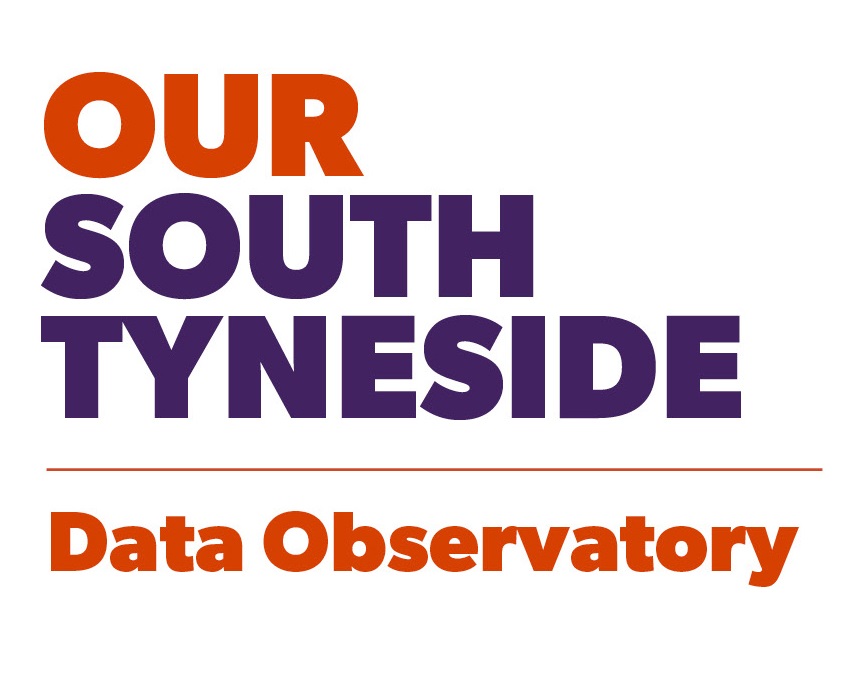This page covers local intelligence releases of note in September 2025. You can view all public health intelligence updates on our Intelligence page.
Co-occurring Substance Misuse and Mental Health Issues profile
In September 2025 the following indicators were added to the Co-occurring Substance Misuse and Mental Health Issues profile:
- Hospital admissions where drug-related mental and behavioural disorders were a factor
- Hospital admissions for poisoning by drug misuse
- Hospital admissions for drug-related mental and behavioural disorders
In addition to this the following indicators were updated as part of this profile:
- Proportion of local smoking population provided with support to quit
- Successful quitters
- Proportion waiting more than 3 weeks for alcohol treatment
- Proportion waiting more than 3 weeks for drug treatment
- Estimated prevalence of opiate and/or crack cocaine use
- The proportion of clients entering drug treatment identified as having a mental health treatment need, who were receiving treatment for their mental health
- The proportion of clients entering alcohol treatment identified as having a mental health treatment need, who were receiving treatment for their mental health
Hospital admissions where drug-related mental and behavioural disorders were a factor
This indicator release shows hospital admissions with a primary or secondary diagnosis of drug related mental and behavioural disorders as a rate per 100,000 for 2023/24.
- For South Tyneside there was a rate of 427.5 per 100,000.
- This was significantly higher than the national rate of 180.9 per 100,000 and the regional rate of 315.7 per 100,000.
- The recent trend for this indicator shows no significant change.
Hospital admissions for poisoning by drug misuse
This indicator release shows hospital admissions with a primary diagnosis of poisoning by drugs as a rate per 100,000 for 2023/24. This includes both intentional and unintentional poisoning.
- For South Tyneside there was a rate of 38.2 per 100,000.
- This was significantly higher than the national rate of 17.5 per 100,000 and the regional rate of 26.5 per 100,000.
- The recent trend for this indicator shows no significant change.
Hospital admissions for drug-related mental and behavioural disorders
This indicator release shows hospital admissions with a primary diagnosis of drug-related mental and behavioural disorders as a rate per 100,000 for 2023/24.
- For South Tyneside this was a rate of 10.6 per 100,000.
- This was not significantly different from the national rate of 7.7 per 100,000 or the regional rate of 10.5 per 100,000.
- The recent trend for this indicator shows no significant change.
Proportion of local smoking population provided with support to quit
This indicator release shows us the number of people setting a quit date per 100,000 smokers expressed as a percentage for 2023/24.
- For South Tyneside this was 5.3%.
- This was significantly higher than the national percentage of 3.3% and the regional percentage of 4.5%.
- A trend could not be calculated for this indicator.
Successful quitters
Formerly this indicator was known as Smokers that have successfully quit at 4 weeks.
This indicator release shows us the percentage of successful quitters at 4 weeks for 2023/24.
- For South Tyneside this was 48.9%.
- This was lower than the national percentage of 53.8% and the regional percentage of 53.7%.
- Due to the lack of confidence intervals in this indicator, the statistical significance cannot be highlighted here.
- A trend cannot be calculated for this indicator.
Proportion waiting more than 3 weeks for alcohol treatment
This indicator release shows us the proportion of first alcohol treatment interventions where the person waited over 3 weeks to commence treatment for 2023/24.
- For South Tyneside this was 0.4%.
- This was not significantly different from the national proportion of 1.8%.
- The recent trend for this indicator shows no significant change.
Proportion waiting more than 3 weeks for drug treatment
This indicator release shows us the proportion of first drug treatment interventions where the person waited over 3 weeks to commence treatment for 2023/24.
- For South Tyneside this was 0.3%.
- This was not significantly different from the national proportion of 1.1%.
- The recent trend for this indicator shows no significant change.
The proportion of clients entering drug treatment identified as having a mental health treatment need, who were receiving treatment for their mental health
This indicator release shows us the proportion of clients (adults 18+) entering drug treatment who are identified as having a mental health treatment need, who were receiving treatment for their mental health need in the year 2023/24.
- For South Tyneside this was 74.5%.
- This was the same as the national proportion, and not significantly different to the regional proportion of 76.5%.
- A trend cannot be calculated for this indicator.
The proportion of clients entering alcohol treatment identified as having a mental health treatment need, who were receiving treatment for their mental health
This indicator release shows us the proportion of clients (adults 18+) entering alcohol treatment who are identified as having a mental health treatment need, who were receiving treatment for their mental health need in the year 2023/24.
- For South Tyneside this was 83.8%.
- This was not significantly different from the national proportion of 83.4% or the regional proportion of 86.3%.
- A trend cannot be calculated for this indicator.

